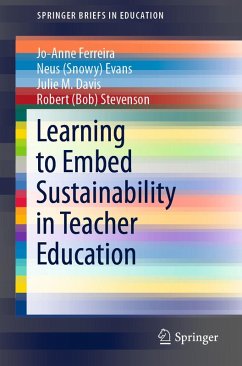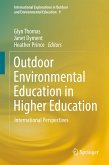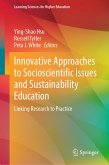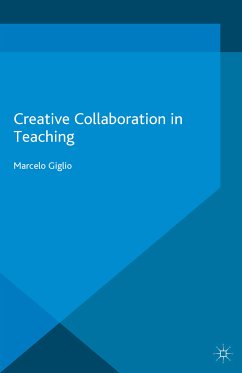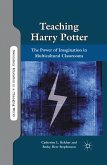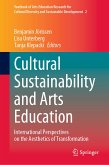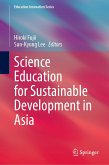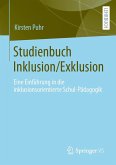This book offers an accessible guide to understanding the importance of a systems approach to embedding sustainability into teacher education practice, providing a practical resource for teacher education academics and others with an interest in organisational change. It draws principally on the findings of a 12-year research project in Australia, working directly with academics and their teacher education institutions to ensure that sustainability and education for sustainability are embedded in teacher education courses. Illustrating the need for change in teacher education in the context of education for sustainability, the book discusses the theory underpinning and practical application of a system-based change model. It also offers examples of how the model has been used in practice and shows education academics how to implement change within their own organizations and use the ideas and tools presented to advance sustainability in their discipline areas.
Dieser Download kann aus rechtlichen Gründen nur mit Rechnungsadresse in A, B, BG, CY, CZ, D, DK, EW, E, FIN, F, GR, HR, H, IRL, I, LT, L, LR, M, NL, PL, P, R, S, SLO, SK ausgeliefert werden.

